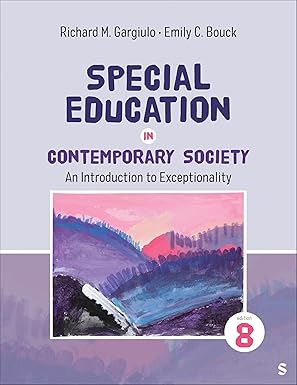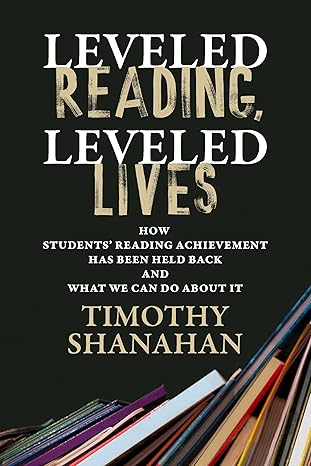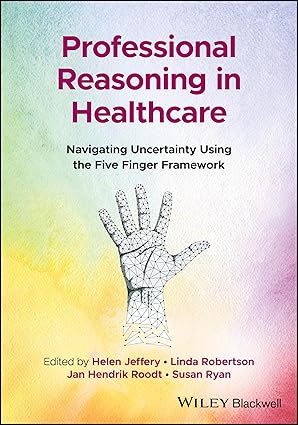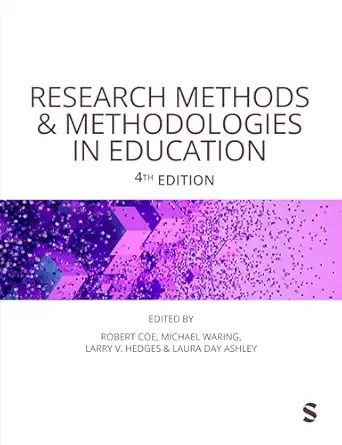International Deficit Thinking: Educational Thought and Practice explores the incontrovertible reality of the persistent and pervasive academic achievement gap in many countries between marginalized students (primarily of color) and their economically advantaged White counterparts. For example, International Deficit Thinking discusses the cases of low-socioeconomic Black and Mexican American students in the United States, Indigenous Māori students in New Zealand, and immigrant Moroccan and Turkish pupils in Belgium. The predominant theoretical perspective that has been advanced to explain the school failure of marginalized students is the deficit thinking paradigm―a parsimonious, endogenous, and pseudoscientific model that blames such students as the makers of their own school failure. Deficit thinking asserts that the low academic achievement of many marginalized students is due to their limited intellectual ability, poor academic achievement motivation, and being raised in dysfunctional families and cultures.
Drawing from, in part, critical race theory, systemic inequality analysis, and colonialism/postcolonialism, award-winning author and scholar Richard R.Valencia examines deficit thinking in education in 16 countries (e.g., Canada; Peru, Australia; England; India; South Africa). He seeks to (a) document and debunk deficit thinking as an interpretation for school failure of marginalized students; (b) offer scientifically defensible counternarratives for race-, class-, language-, and gender-based differences in academic achievement; (c) provide suggestions for workable and sustainable school reform for marginalized students.
چکیده فارسی
تفکر کمبود بین المللی: تفکر و عمل آموزشیواقعیت غیرقابل انکار شکاف مداوم و فراگیر پیشرفت تحصیلی در بسیاری از کشورها بین دانش آموزان به حاشیه رانده شده (عمدتاً رنگین پوست) و همتایان سفیدپوست دارای مزیت اقتصادی آنها را بررسی می کند. به عنوان مثال، تفکر کمبود بین المللیدر مورد دانشجویان آمریکایی سیاهپوست و مکزیکی با اقتصاد اجتماعی پایین در ایالات متحده، دانشجویان بومی مائوری در نیوزیلند و دانش آموزان مراکشی و ترک مهاجر در بلژیک بحث می کند. دیدگاه نظری غالبی که برای توضیح شکست تحصیلی دانشآموزان به حاشیه رانده شده است، الگوی تفکر کمبود است - یک مدل صرفهجویانه، درونزا و شبه علمی که این گونه دانشآموزان را بهعنوان سازندگان شکست مدرسه خود سرزنش میکند. تفکر نقص بیان می کند که پیشرفت تحصیلی پایین بسیاری از دانش آموزان حاشیه نشین به دلیل توانایی فکری محدود، انگیزه پیشرفت تحصیلی ضعیف، و بزرگ شدن در خانواده ها و فرهنگ های ناکارآمد است.
ریچارد آر.والنسیا، نویسنده و محقق برنده جوایز، تا حدی برگرفته از نظریه انتقادی نژاد، تحلیل نابرابری سیستمیک، و استعمار/پسااستعمار، تفکر کمبود در آموزش را در 16 کشور (مانند کانادا؛ پرو، استرالیا، انگلستان) بررسی میکند. ؛ هند؛ آفریقای جنوبی). او در پی آن است که (الف) تفکر کسری را به عنوان تفسیری برای شکست تحصیلی دانشآموزان به حاشیه رانده شده مستند کند و از بین ببرد. (ب) برای تفاوتهای نژادی، کلاسی، زبانی و جنسیتی در پیشرفت تحصیلی، ضدروایتهای قابل دفاع علمی ارائه کند. (ج) پیشنهاداتی را برای اصلاح مدارس قابل اجرا و پایدار برای دانش آموزان حاشیه نشین ارائه دهید.
ادامه ...
بستن ...
Ebook details:
عنوان: International Deficit Thinking
نویسنده: Richard R. Valencia
ناشر: Routledge; 1 edition (December 9, 2019)
زبان: English
شابک: 0367409607, 978-0367409609
حجم: 3 Mb
فرمت: True Pdf
ادامه ...
بستن ...










